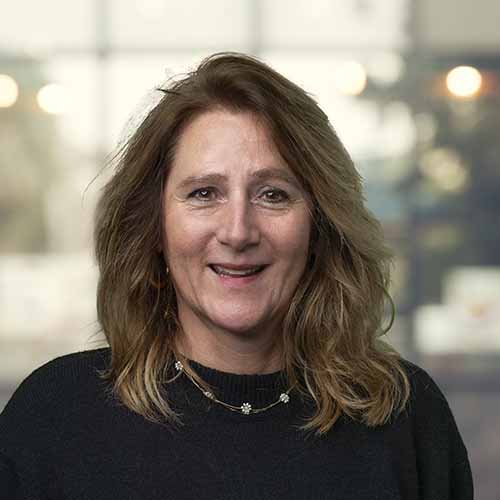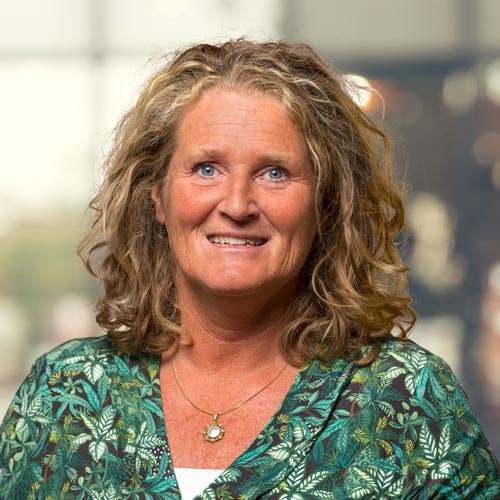Discover TNO
Creating impactful innovations for the sustainable wellbeing and prosperity of society.
Our latest developments
663 resultaten, getoond 1 t/m 5
Further growth in geothermal energy production in 2024
TNO analysed the geothermal production in 2024 and found that the growth in production compared to 2023 has increased.


New map reveals coastal resilience and vulnerability across Europe
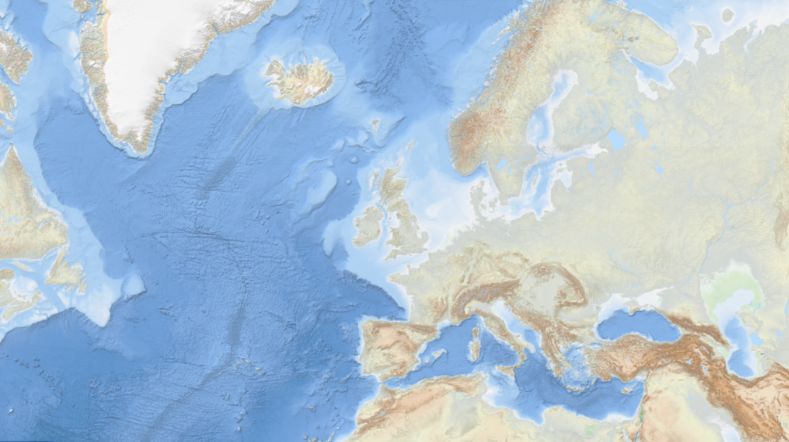

TNO: Megaclusters to create new tech champions


Climate fund applications from the perspective of broad prosperity
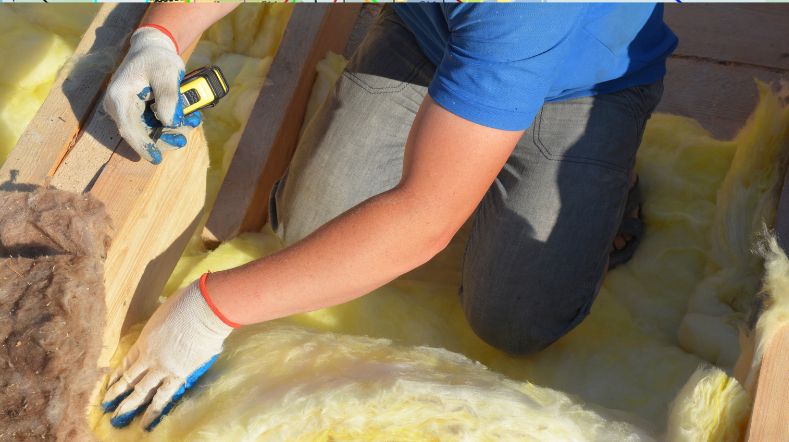

The North Sea as Europe's energy heart requires smart choices
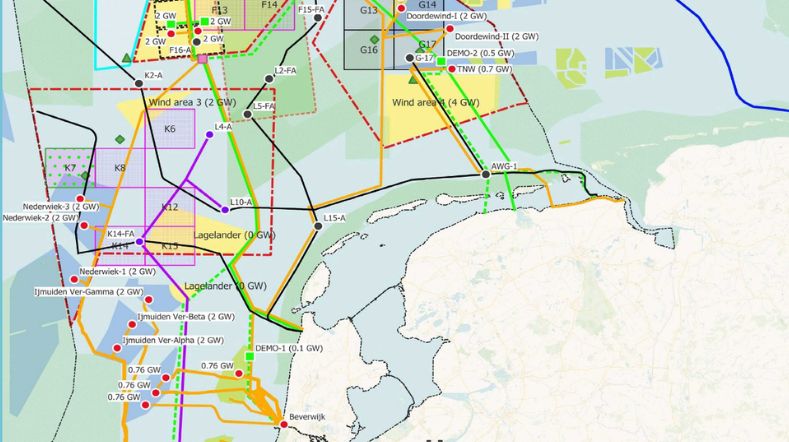

Contact us about your R&D challenge
